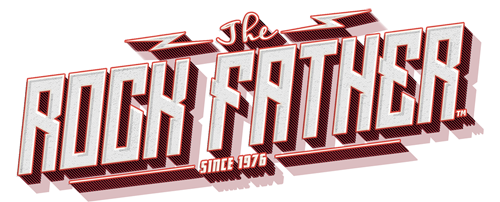Few people would argue that ride sharing platforms rely on drivers to operate. But Uber maintains that its drivers aren’t a central part of its business operations — and that the company won’t need to start classifying its workers as employees, regardless of what a new bill passed in California might say.
The passage of bill AB5, which further clarifies a 2018 California Supreme Court ruling that outlines a test used for employee classification, should theoretically have companies like Uber shaking in their boots. But according to Uber’s top lawyer, its drivers will remain independent contractors — meaning that they won’t be given benefits and that the company can continue to shirk liability in a number of situations.
According to the 2018 ruling, workers are considered employees if they perform duties that are under a company’s control; if the work they do is essential to the company’s business; and if they do not have independent enterprises within that given trade. Interestingly, the company maintains that the drivers who pick up customers for Uber are somehow not integral to the organization’s operations. According to chief legal officer for the company, the “drivers’ work is outside the usual course of Uber’s business, which is serving as a technology platform for several different types of digital marketplaces.”
Whether anyone will buy that argument is a different story. Previously, Uber has noted that classifying their drivers as actual employees would completely change ride sharing as a whole, eliminating the flexibility of their current business model. They’d supposedly have to force shifts on drivers and hire fewer of them, along with restricting them from working during certain hours or in specific areas. Those claims have been debunked by California Labor Federation spokesperson Steve Smith, who pointed out to a local ABC news affiliate that there’s nothing in the labor code that would prohibit driver flexibility and added that this line of thinking is nothing more than a “corporate scare tactic.”
Furthermore, the company seems to want to have it both ways. Uber may protest that its drivers aren’t an essential part of its business model, but the company also recently argued that its driver roster should be regarded as a closely guarded trade secret. Although over 85% of misappropriation cases involve the business partner or employee of a trade secret owner, this scenario played out a bit differently. When the leader of an academic project requested the names of Uber drivers from Chicago officials in 2018, the Freedom of Information Act request was denied on the grounds that releasing this information “would cause competitive harm specifically by allowing their competitors to target and ‘poach’ their drivers.” A Loyola University Chicago business school assistant professor requested the information again this year, maintaining that the information should be publicly accessible considering that drivers are licensed by the city. And while the average citizen can easily look up taxi vehicles and their license holders, that same access is not granted for cases involving holders of ride hailing licenses.
According to documents acquired by Bloomberg, ride hailing companies are worried about drivers abandoning one platform for another; the potential for poaching would increase if those names became public, according to Uber, along with other safety liabilities. But — depending on the state — ride hailing companies cannot demand exclusivity from their drivers, as this is yet another point that would likely force Uber to reclassify their independent contractors as employees. That would make drivers “under the company’s control,” which falls in line with the first point of the bill recently passed in California. But judging by how important the identities of Uber drivers seem to be, many are skeptical that the company will be able to convince anyone that their role in the business structure is anything but essential.
Still, West is confident that Uber will win out in the end. In a conference call with media, the chief legal officer explained that they’d have no problem complying with the necessary criteria: “Just because the test is hard does not mean we will not be able to pass it. We continue to believe that drivers are properly classified as independent… We expect we will continue to respond to claims of misclassification in arbitration and in court, as necessary, just as we do now.”




